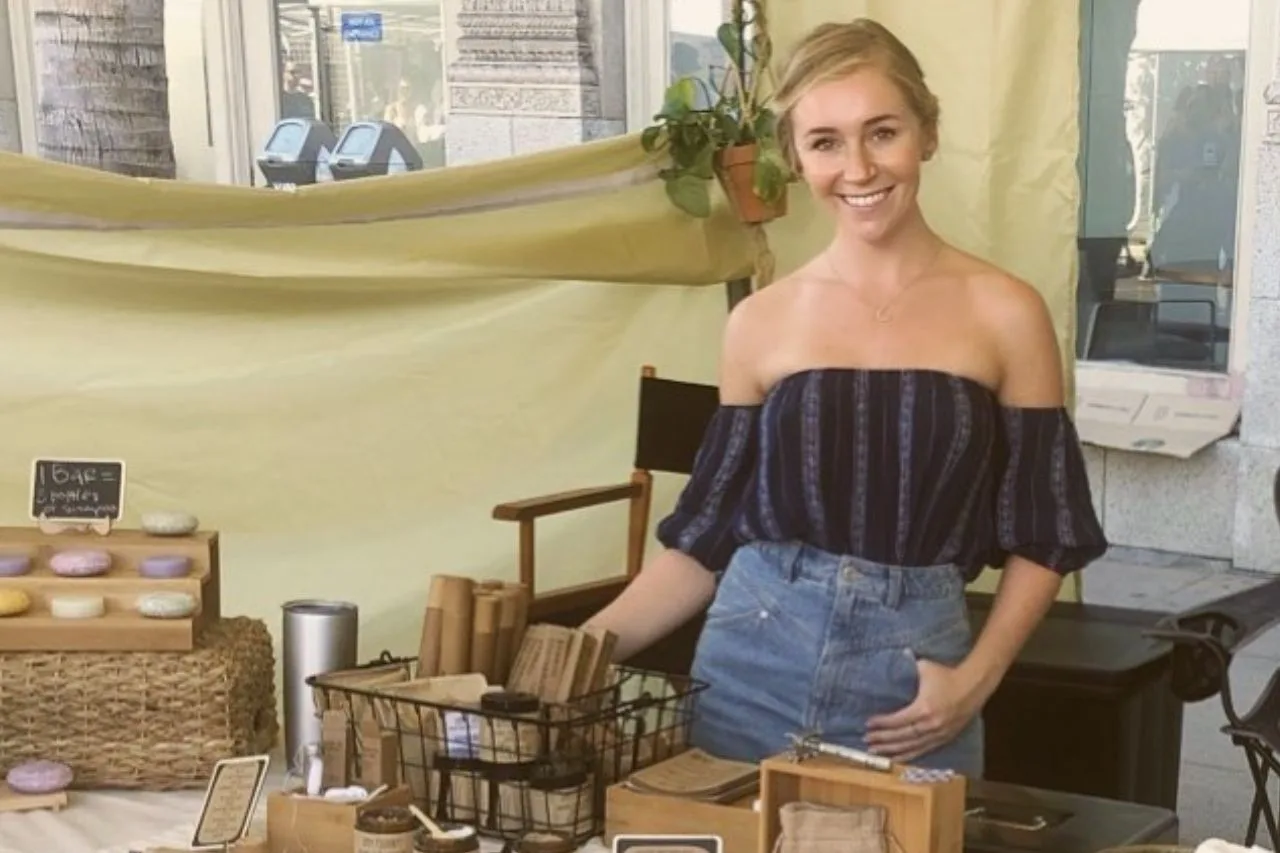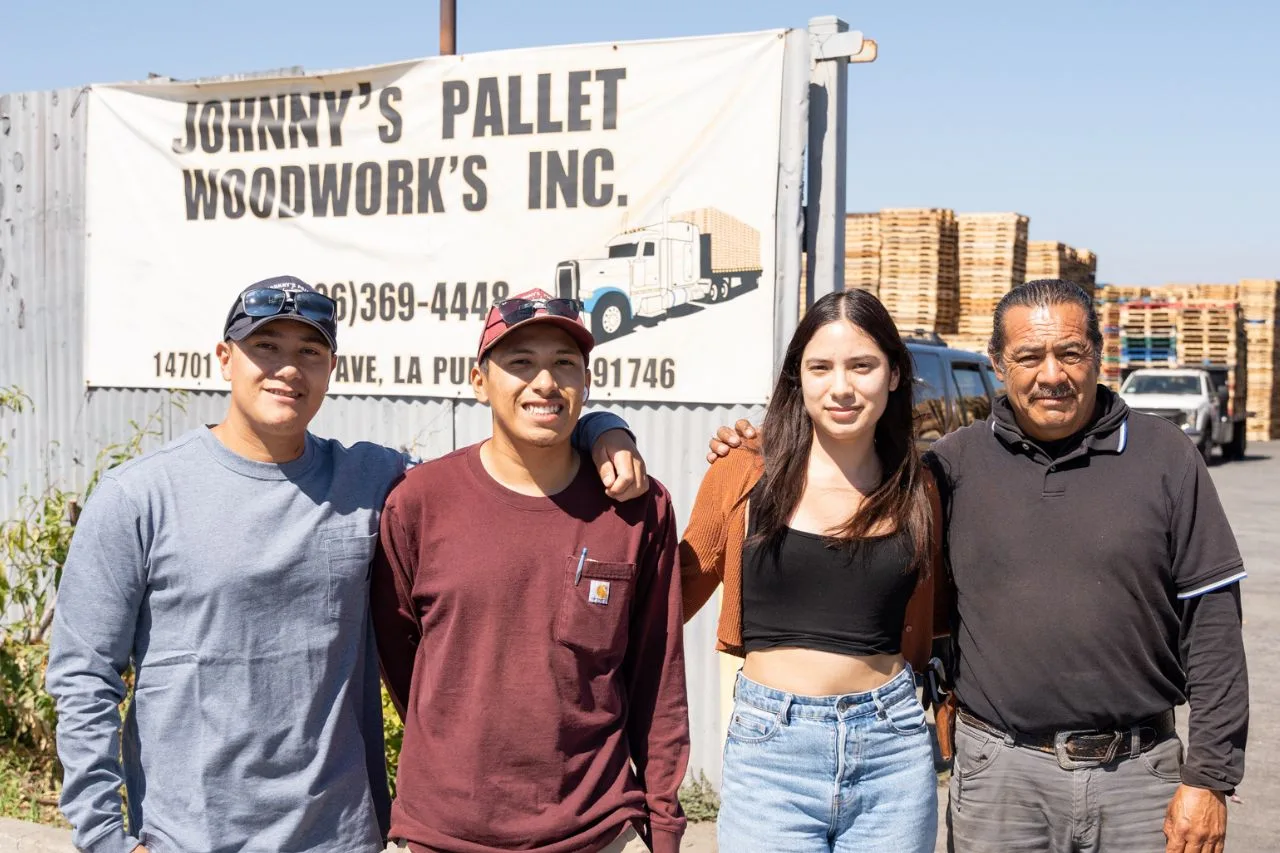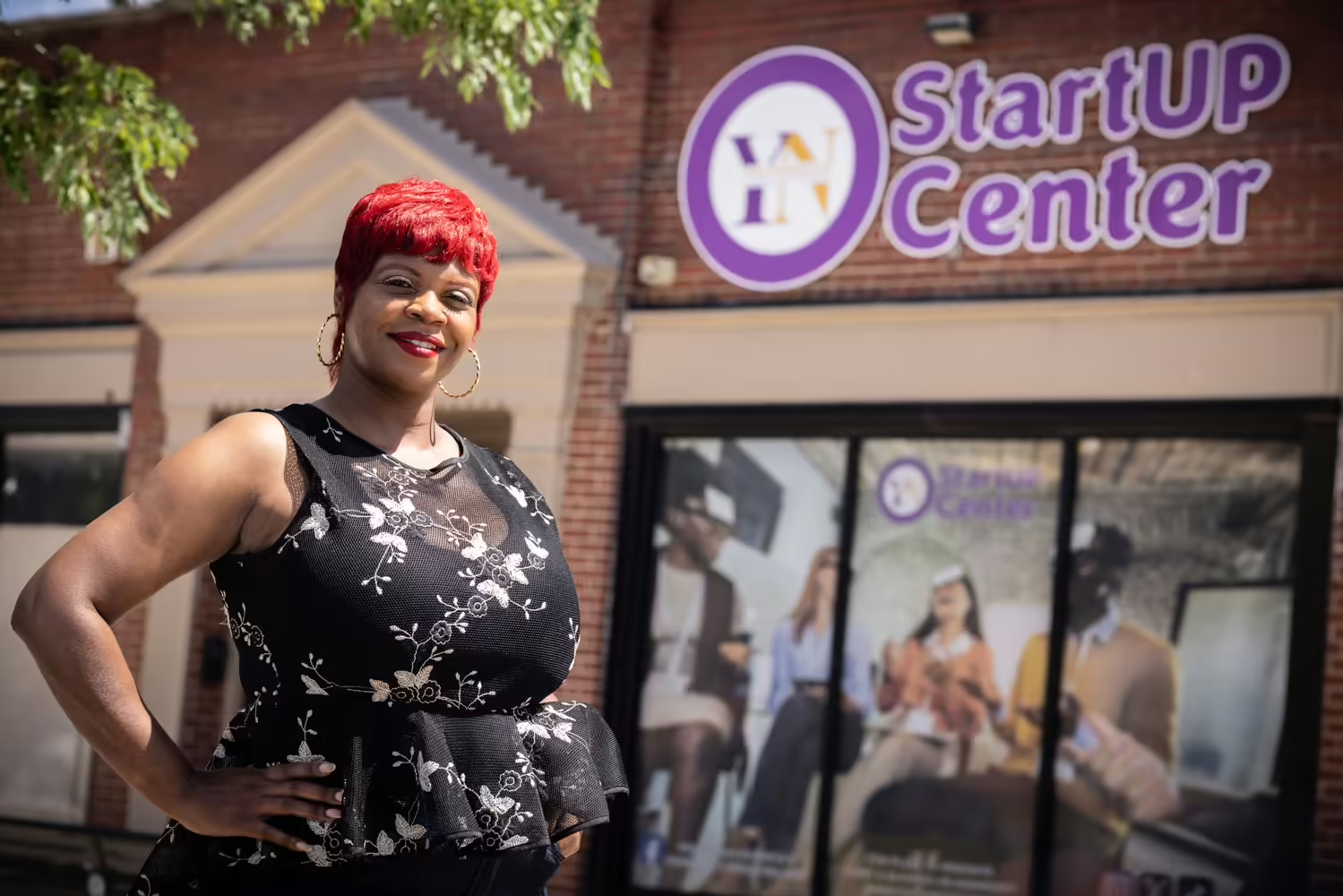How do you combine the dream of being your own boss with the goal to leave less waste behind?
If you’re Stephanie Cochrane, you show some patience. As a child growing up in northern Nevada, she sold Pokemon cards on the playground. After this early entrepreneurship streak, she knew she would someday want to start out on her own.
But in the meantime, she trained as a dental hygienist, launched her career, and waited for her opportunity.
About three years ago, the seeds of the idea that became her business, The Waste Less Shop, took root.
The trash and debris she saw clogging rivers and streets as she traveled through Nepal, the Philippines, Peru and Thailand stunned her. So Stephanie decided to make changes in her own home.
“I felt as though if more people had access to the knowledge that there are better and more affordable ways to consume, that they would choose the better alternative, but a lot of people just don’t know,” she said.
“It wasn’t until I started living a low-waste lifestyle that it came to me,” she added. “I could combine my passion for caring for our planet and my desire to be self-employed.”
A study led by a UC Santa Barbara professor and engineer found that by 2015, the world had produced 6.3 billion metric tons of plastic waste. Worse, according to the research, we had recycled less than 10% of it.
ZERO WASTE AND E-COMMERCE
Stephanie wants to do her part to eliminate some of the problem with The Waste Less Shop. Her goal is to be the first plastic-free store in the Los Angeles region.
Her shop offers sustainable alternatives to the plastic and non-biodegradable items used in a majority of households. Stephanie started selling her products online in the spring and last month opened her first storefront.
The shop features “classic zero-waste staples” and a “few of our favorite things.” They include bamboo toothbrushes and cutlery, silk dental floss and dryer balls (to replace fabric softener sheets). Her products, from cleaning products and toiletries to mugs and storage containers, can be purchased individually or in kits.
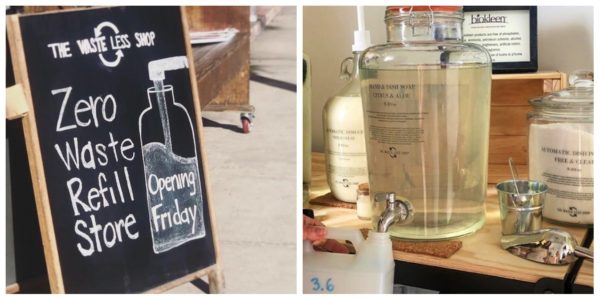
Before opening the shop, she made the simple decision to stop using paper towels. She has washed and re-used $12 worth of organic cotton towels for three years. She also began to make and store her own almond milk and kombucha. That eliminated the need to buy the items in plastic bottles.
As she posted images of this process online, it was clear her followers had begun to take notice. This helped her realize that starting a business to provide zero-waste goods might offer serious growth potential.
“Most products we carry in the shop are items I had been using and loving before the idea of the shop even began,” said Stephanie, who came to CDC Small Business Finance to achieve her goal of securing funds without having to give up equity in her business.
SBA FINANCING TO BUILD INVENTORY
Start-ups can face substantial challenges when setting out. But Stephanie’s decisions for her business showed not only her ability to come up with a solid plan – to establish her presence online and in her community – but also her prudence. She opted to keep working as a hygienist while she tested the viability of her concept “before plunging in.”
As a mission-based lender, CDC Small Business Finance believes in start-ups and we were pleased to offer Stephanie financing to make that first phase of The Waste Less Shop – the build for her website, marketing, obtaining inventory – possible. And she continues to make the types of sound decisions CDC likes to see from borrowers. For instance, she’s keeping costs down by sharing her first retail space with another business.
On her website, shoppers will find products she’s created and had manufactured, along with items from other women-owned businesses. She also looks into referrals from her vendors and customers who share requests and tips about other sustainable products.
“We work hard to source what people need, creating sustainable alternatives to the items consumers buy in frustration because they don’t know where to find anything that’s better,” she said.
TIPS FOR A SUSTAINABLE LIFESTYLE
In addition, Stephanie offers an online list of tips on how to repurpose used items around the house (like large spaghetti jars for homemade detergent) and buy in bulk to reduce the environmental footprint of packing and shipping. She’s clear about the cost of adopting a sustainable lifestyle — it takes some initial investment, both of time and money, but as she says, “I believe in transparency and honesty.”
She argues though that her customers will save more in the long run by buying fewer cheap, disposable products. She stocks re-fills which can be stored in containers they already have.
“I have been a consumer for 20-plus years and a business owner for less than a year, so my loyalty lies with us little guys,” she said.
Not long after her web launch, Stephanie was doing well enough to open a companion shop in the stretch of Los Angeles County known as the South Bay. Initially she expected to wait about two years before she could open a storefront.
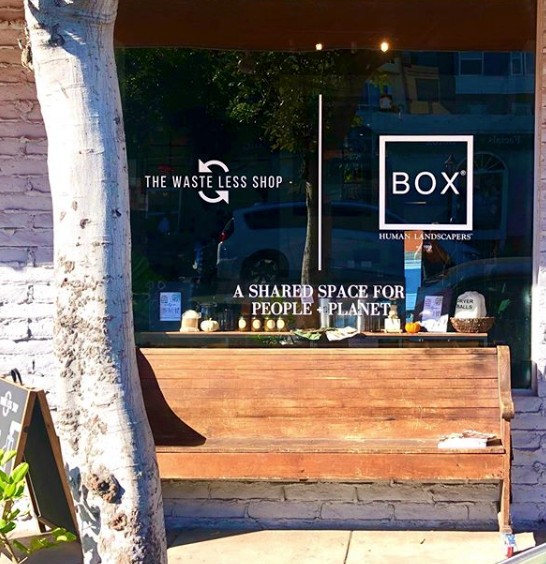
SHARED SPACE FOR ZERO WASTE
As a “bootstrapped start-up,” she doubled up with a small salon. The message on the shop window reads “a shared space for people & planet.”
She called her opening day “a dream” and “overwhelming.”
“We had a lot of customers come in who met us at festivals and pop-ups, which was really the best part,” Stephanie said. “It proved we had made an impression and created enough of a relationship to motivate someone to mark their calendar and take time out of their day to come support us.”
Roland Geyer, the UCSB scientist who served as lead author of the plastics study, said “We as a society need to consider whether it’s worth trading off some convenience for a clean, healthy environment.” Stephanie, with The Waste Less Shop, gives her customers a full slate of options to achieve that goal.
In case you missed it:
- Her keys to success – meet Angelica Rojo of Red Angel Salon
- Female entrepreneur leverages loan program to grow small business
- Unique challenges faced by women small business owners – and 3 big solutions
Thinking about starting, expanding or buying a small business? Like Stephanie, you can talk to one of our loan experts who can explain all your options in minutes and find a financing match for you and your business. Let’s talk! Reach us at loaninfo@cdcloans.com or (619) 243-8667. You can also apply online.
